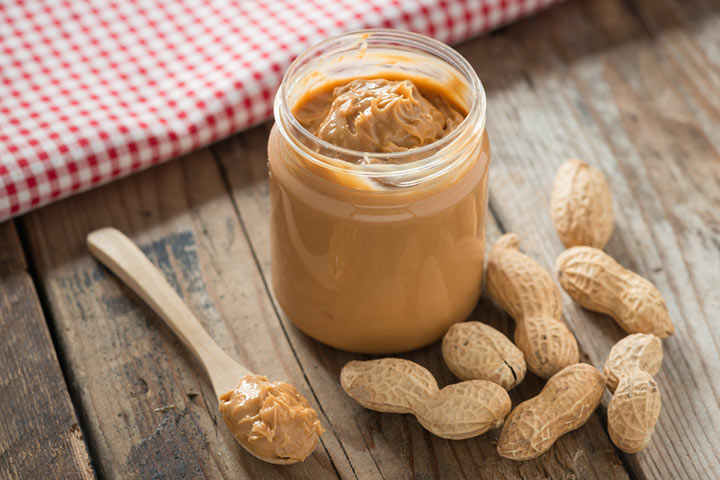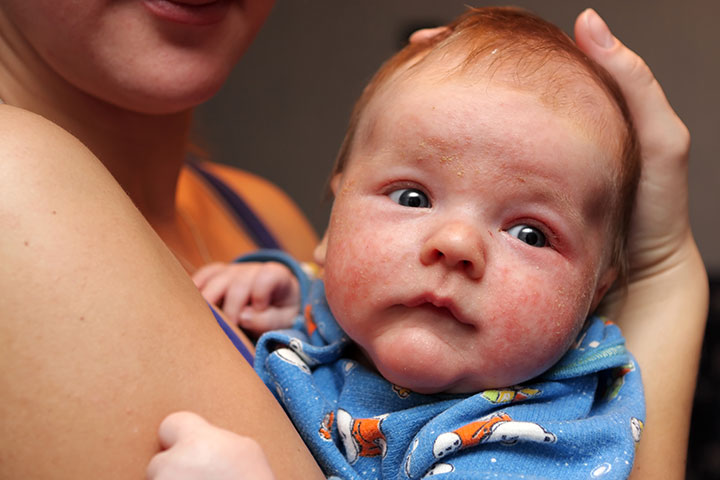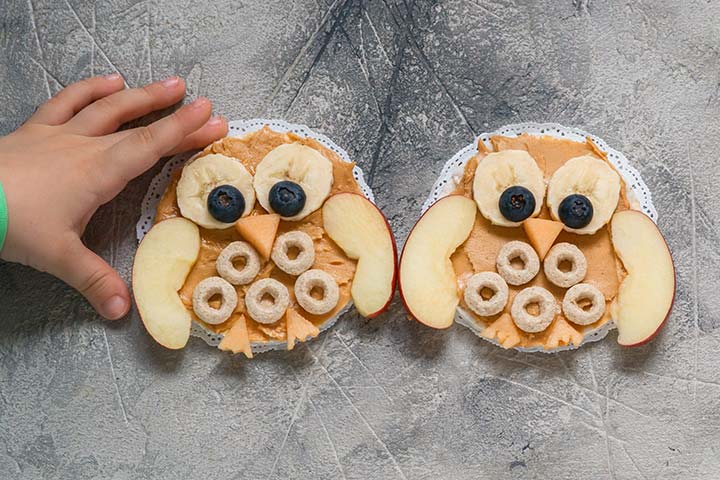
Image: Shutterstock
Who doesn’t love peanut butter and jelly sandwiches? It’s a favorite among parents and kids alike. Making it a staple for breakfast and lunchboxes. But unfortunately, not everyone can munch on this yummy snack. People who are allergic to peanuts cannot consume any food item with peanuts in them. And unfortunately, again, peanut allergy is more common than we think. But the new guidelines on peanut allergies might be the saving grace for bringing down the number of children who will suffer from peanut allergies in the future.
Traditionally it was thought that kids shouldn’t be introduced to peanuts in the first years of life to fight peanut allergy. The guideline provided by the American Academy of Pediatrics in 2002 advises against giving peanuts in the first three years of life to children who are at high risk of peanut allergies (1).
Kids who meet the following criteria can fall in the category of high-risk:
- Kids who have a family history of peanut allergies
- Kids who have a family history of other food allergies
- Kids who have eczema
Since the recommendations given by the American Academy of Pediatrics didn’t seem to be helping, they stopped recommending it in 2008.
The Research On Jewish Kids
Around the same time, the researchers in the UK noticed some interesting details. Jewish children living in the UK and those living in Israel showed a huge difference in the ratio of children with peanut allergies. It was found that peanut allergy in kids living in the UK was ten times more than those living in Israel. And since they shared the same ancestry, the difference had to do with something external. The diet difference turned out to be the reason behind the same. Kids living in the UK were rarely introduced to peanuts in the first year of life whereas kids living in Israel were introduced to peanuts much earlier with a corn puff peanut snack called Bamba (2).
Based on this research, a study was later conducted on 600 babies who were at a greater risk of peanut allergies. One group of babies were given Bamba or peanut butter and the other group pf babies were told to stay away from anything containing peanuts. This diet was continued for a period of 5 years. Based on the results, it was found that among the group of babies who consumed peanut products, only 3% developed a peanut allergy. Whereas 17% of kids who didn’t consume peanut products developed the allergy.
The New Guidelines By AAP
The new guidelines endorsed by AAP divides the babies into three categories (3):
- Babies having a severe case of eczema and/or egg allergy
- Babies having mild-to-moderate cases of eczema
- Babies who do not have eczema or food allergy
Babies falling in the first category should be tested for peanut allergy by doing a skin prick test or blood test. If the test comes out positive, the baby should be taken to a specialist to discuss introducing peanut products in their diet. Most babies can be given peanuts in small amounts and should be done first in a doctor’s office if a severe allergic reaction takes place. It is recommended to give these products between 4 to 6 months of age once they are ready to have some solid foods.
Babies falling in the second category need not get tested for the allergy, but it’s better to discuss with the doctor first to make sure if testing is required in their case. Once the doctor approves, they can start consuming peanut products around 6 months of age.
As for babies falling in the third category, parents can start introducing peanut products in their diet without any worries.
Here we specify ‘peanut products’ because peanuts or chunks of them can cause choking hazards in babies. Hence it is better to give peanut butter that can be easily eaten by babies. You can also mix it into purees or add it into snacks in small amounts to make tasty delicacies.
Once your baby is 2 or 4 months old, discuss with your doctor to find out which category your baby falls into. Also, discuss other factors such as family history or other food allergies so that your doctor can come up with the right plan for preventing peanut allergy in your baby.
















